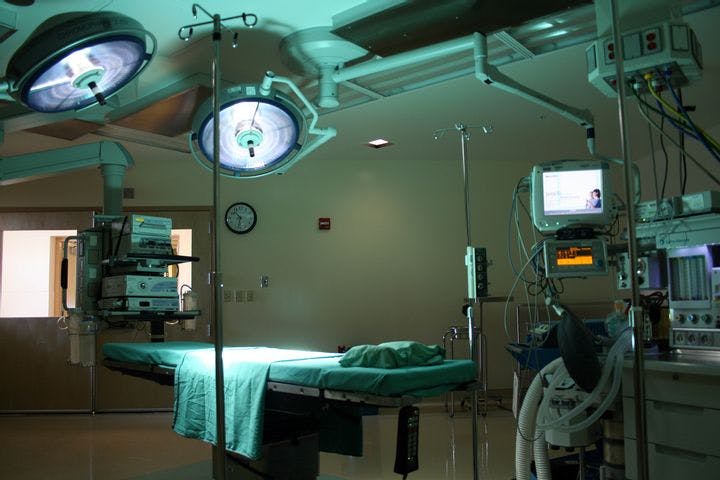Fall 2010
Imported Doctors
– The Wilson Quarterly
If you’re rushed to the emergency room, are you in good hands?
If you’re rushed to the emergency room with a heart attack and your doctor is a graduate of a foreign medical school, are you in good hands? That depends, say John J. Norcini, president and chief executive officer of the Foundation for Advancement of International Medical Education and Research, and his colleagues. If your doctor is not a U.S. citizen, you should thank your lucky stars. If he or she is American, well, the outlook for you is not quite as rosy.
The authors examined the outcomes of more than 244,000 hospitalizations for heart attacks and congestive heart failure in Pennsylvania from 2003 to 2006. Of the roughly 6,000 physicians in their study, 25 percent were graduates of foreign medical schools. A quarter of those international graduates were U.S. citizens.
How did the doctors perform? Five percent of the patients who found themselves in the care of a foreign-born physician died, while 5.8 percent of those in the hands of an American educated abroad did. The foreign-born doctors even outperformed their U.S.-educated peers, who lost 5.5 percent of their patients.
The authors speculate that the Americans who studied abroad may have performed worse because they attended particularly bad international schools. Or, since many may have enrolled abroad because they didn’t get into any school in America, they may have simply been less competent.
THE SOURCE: “Evaluating the Quality of Care Provided by Graduates of International Medical Schools” by John J. Norcini, John R. Boulet, W. Dale Dauphinee, Amy Opalek, Ian D. Krantz, and Suzanne T. Anderson, in Health Affairs, Aug. 2010.
Photo courtesy of Flickr/The B's
